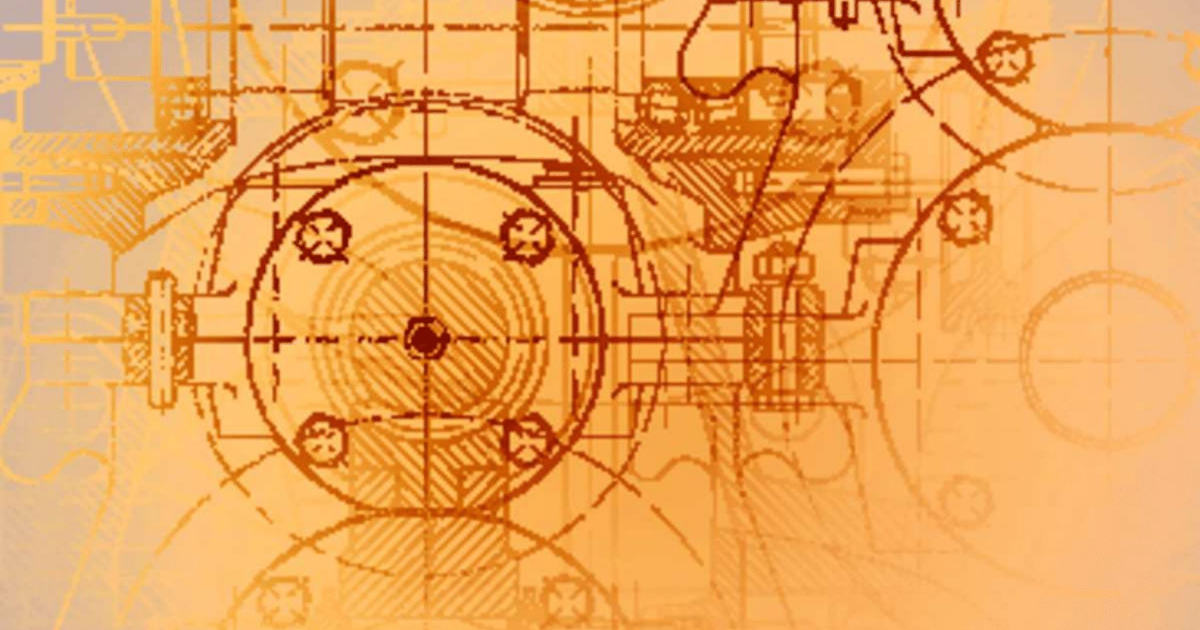When Egypt reported its first COVID-19 case on February 14, 2020, the country found itself facing a critical shortage of PCR (polymerase chain reaction) test kits. Global supply chain bottlenecks and soaring demand made imports slow and expensive. Even with UK donations in mid-2020, testing capacity fell far short for a nation of over 100 million people.
Salma Tammam, a nanotechnology researcher, saw an opportunity in the crisis. “Healthcare facilities were desperately waiting for PCR test kits that could take weeks to arrive, while patients needed results within hours,” she explains.
That urgency spurred her into action. With a government grant, she formed a consortium including a government hospital, two labs, and a robotics company. Together, they developed a locally produced COVID test that worked in hospitals without cold-chain logistics. Nine months later, they launched a fully functional test.
“That was the game changer,” she says. “Seeing our work leave the lab and actually help people made me realise we had to do the same for other diseases.”
This breakthrough gave birth to Reme-D, a biotech startup focused on affordable, homegrown molecular diagnostics for Africa and the Middle East. Formally launched in 2022, the company now tests over 50,000 patients each month across 92 hospitals and labs in Egypt, with kits sold in Iraq, Sudan, and Kenya. But Tammam’s ambitions extend far beyond these numbers. She is targeting a diagnostic crisis that affects over half of sub-Saharan Africa’s population.
Breaking the cold chain barrier
Reme-D’s success hinges on what Tammam calls a “molecular fingerprint system.” The process begins by extracting genetic material (DNA or RNA) from a patient sample such as blood, sputum, or a nasal swab.
Specially designed short DNA fragments, called primers, act like hooks that attach to specific pathogen sequences. PCR then makes millions of copies of those sequences until there’s enough to detect. “Finally, our detection system identifies whether the pathogen is present and quantifies the viral or bacterial load,” Tammam explains.
What makes Reme-D’s kits unique is that their reagents, the chemical ingredients that drive PCR reactions, stay stable at room temperature. Traditionally, PCR kits require constant refrigeration, which is a major barrier in regions with unreliable electricity. In many African hospitals, frequent power cuts make it nearly impossible to guarantee a cold chain. The World Health Organization estimates that only about half of hospitals in sub-Saharan Africa have reliable electricity, and in some countries fewer than one-third of health facilities report consistent 24-hour power supply. When refrigeration fails, enzymes degrade, reagents lose potency, and entire batches of diagnostics go to waste.
Using nanotechnology principles and advanced freeze-drying methods, Reme-D’s reagents keep their strength for months without refrigeration. “This wasn’t just a technical achievement,” Tammam says. “It was about making molecular diagnostics truly accessible in resource-limited settings.”
The result, Tammam says, “is that costs are reduced by up to 40 percent, while accuracy remains world-class, with more than 95 percent sensitivity, meaning the test can detect when disease is present, and 98 percent specificity, meaning it confirms when disease is not present.” Even more, the kits are optimised for local pathogen strains often overlooked by global manufacturers. “In some cases, we actually outperform imported kits because we’ve designed ours around the strains most common here,” Tammam adds.
Faster blood screening
The technology has found early adoption in blood banks. Previously, blood banks screened donated units using Chemiluminescent Immunoassays (CLIA), then confirmed positive results with PCR. This two-step process often led to delays and uncertain outcomes due to CLIA’s lower sensitivity, according to the founder.
With Reme-D’s affordable PCR systems, the screening window period dropped by 70%. “Now, every donated unit can be tested directly with PCR, cutting hours off screening times,” she explains. “The process is faster, more sensitive, and more affordable.”
For patients, this means safer blood is available faster. For blood banks, it translates to quicker production, lower costs, and greater confidence in every unit released.
A personal mission
Tammam’s drive to democratise diagnostics runs deep. Her grandfather died from Hepatitis C in the early 2000s due to a late diagnosis, an outcome she believes could have been prevented with timely testing.
“Growing up in Egypt, I saw how diagnostic delays could mean the difference between life and death, especially for infectious diseases,” she reflects. “I wanted to build solutions for the 80% of the world that traditional diagnostic companies consider ‘challenging markets.’”
This mission has shaped Reme-D’s business model. The company uses tiered pricing based on local purchasing power, making kits 40–60% cheaper than imported alternatives. Local production and partnerships with governments and NGOs for bulk purchasing agreements further reduce costs for patients.
Challenges on the path forward
Despite its success, running Reme-D presents significant challenges. One of the biggest hurdles is convincing investors that Africa and the Middle East can produce world-class diagnostics.
“The most difficult experience lies at the intersection of global stereotypes and the harsh reality that African countries aren’t typically known for producing biotech products,” Tammam explains.
She recalls one particularly striking encounter with a potential partner who told her, during a scientific discussion, that Africans would never command sufficient knowledge to develop a diagnostic test unless it was first created in the West.
“I earned my PhD in Germany,” Tammam responded. “Had I chosen to remain abroad, I would have been regarded as a credible and accomplished scientist. Yet I made a conscious decision to return home and apply my expertise to the health challenges facing our own populations. This choice does not diminish my credibility, it strengthens it.”
International recognition has helped counter such skepticism. The Bayer Foundation Women Empowerment Award, which came with €25,000 ($29,000) in funding, validated the company’s technology to potential partners and investors who might otherwise dismiss African innovation. “After an incredibly competitive selection process, I am humbled to be among the 15 outstanding women entrepreneurs chosen from 1,763 applicants across Latin America, Africa & the Middle East, and the Asia Pacific,” she says.
Beyond investor perceptions, regulatory barriers compound the problem. Each country has its own medical device approval process, and many favor established Western manufacturers, making market entry difficult. The regulatory frameworks for in-vitro diagnostics remain less developed than those for medicines across much of the continent.
Operational bottlenecks persist as well. While Reme-D’s production facility in Egypt can manufacture up to 12 million tests per month, packaging limitations currently restrict output to 130,000 units. They’re currently handling about 50,000 tests monthly. Tammam plans to expand the facility fourfold by the second quarter of 2026 to address this constraint.
Getting to this scale required resourcefulness. Reme-D’s early growth was driven by bootstrapped funds, followed by initial investment from the Oman Technology Fund, which helped the company raise around $1 million capital that enabled the transition from laboratory prototype to commercial production.
Looking ahead
As Reme-D works toward commercial launch in Nigeria and Libya, where their kits are already in preliminary use, Tammam is focused on broader transformation. Beyond infectious diseases, the company is developing solutions for genetic disorders, cancer diagnostics, and maternal health areas where their room-temperature stability advantage could save lives.
“Success means that African patients no longer have to wait weeks for diagnostic results, while the most advanced molecular diagnostics are available within hours at affordable prices,” she envisions. “I want other African entrepreneurs to see Reme-D as proof that you can build world-class biotech companies from this continent.”
For Tammam, the goal isn’t just building a successful company. It’s about proving that solutions built in Africa for Africa can compete globally, challenging both the dependency mindset and stereotypes that have long shaped how the world views African innovation.
In a continent where more than 50% of people lack access to essential diagnostics, this proof of concept could literally be a matter of life and death.
Mark your calendars! Moonshot by is back in Lagos on October 15–16! Meet and learn from Africa’s top founders, creatives & tech leaders for 2 days of keynotes, mixers & future-forward ideas. Get your tickets now: moonshot..com









